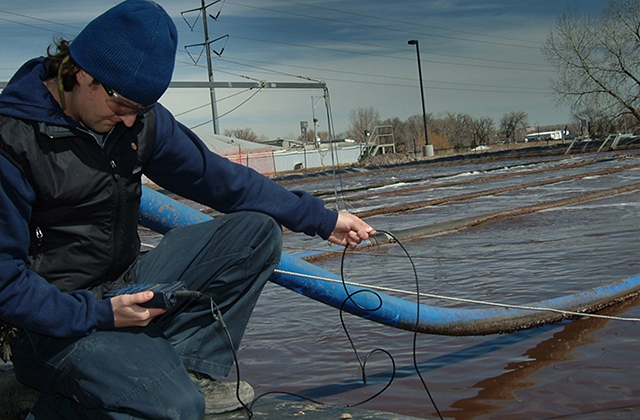
Reduce, reuse and recycle has been the mantra for years and New Belgium Brewing took it seriously.
The Fort Collins, Colorado brewery took it so much to heart that it joined Sierra Nevada as the only two craft breweries in the country to be Platinum certified by the U.S. Zero Waste Business Council (USZWBC) for its waste reduction efforts.
“This is the first third-party Zero Waste Business Certification program for facilities that meet the Zero Waste Principles of the Zero Waste International Alliance (ZWIA),” explained Nick Ampe, New Belgium’s environmental health specialist. “It is incredibly in depth and goes beyond just your diversion ratio.”
New Belgium joins five companies in the country at the Platinum level. Sierra Nevada was given the distinction in November, 2013.
Katie Wallace, with New Belgium, and Cheri Chastain, with Sierra Nevada, co-chair the sustainability subcommittee of the Brewers Association, and both actively work together to improve sustainability in the brewing world, Ampe noted.
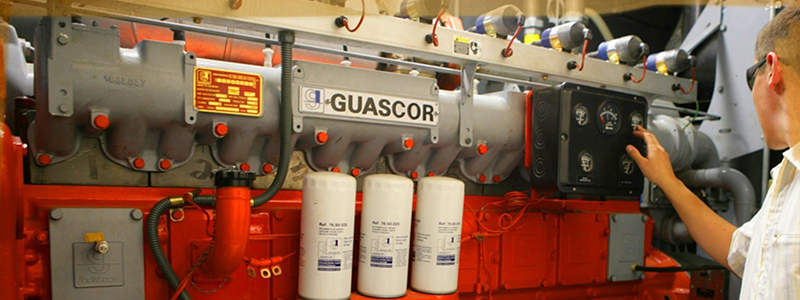
“They are working together with the subcommittee to identify better solutions for hard-to-recycle brewing materials, like mylar bags,” he said. “The brewing industry is a close community, and we openly share waste diversion efforts between each other.”
Businesses with a 90 percent waste reduction rate can apply for the certification. New Belgium has exceeded this rate since it began tracking the data more than 10 years ago, and is currently diverting 99.9 percent a year to date.
“The certification shined a light on what we are doing well, holds us accountable to our current actions, and identifies areas for improvement,” Ampe said.
Sierra Nevada will go through a recertification later this year with the USZWBC according to officials. This will require the brewery to resubmit its data to make sure it is still at the same level from three years ago.
“In the past three years, we’ve taken some big steps in sustainability,” said media coordinator Robin Gregory. “As such, our status might improve, but we’re confident we’ll be recertified.”
Sierra Nevada is also in the process of certifying its Mills River, North Carolina brewery now that it has 12 months of non-construction data to share.
“What we now call ‘sustainability’ has always been a way of life for me, and at Sierra Nevada Brewing Co.,” said founder Ken Grossman. “We’ve always aimed to use resources efficiently and to eliminate waste. In the beginning, we did it because we had to — money was tight and we couldn’t waste anything. Now, we do it because it’s the right thing to do. Being a good steward of natural resources, the land, our communities is the cornerstone of the way we do business.”
So how does New Belgium get to such a sustainable level? Lots of initiatives and lots of planning.
Those include phasing out paperboard dividers from all bottled beer packages; a waste audit across the facility to identify best practices and determine end-of-life scenarios for materials; and an industrial composting application was identified for some heavy, organic material at the brewery’s process water treatment plant which previously could not be composted, further improving upon the waste diversion ratio.
Care is taken to avoid disposable products across the brewery, from the employee kitchen’s dishware and utensils, to the use of reusable dunnage for shipping, and the reuse of malt supersacks and bottlecap octobins for recycling collection.
The brewery advocates for continued advancements in recycling infrastructure & viability for its product packaging, most recently co-founding the Glass Recycling Coalition. (Read more here)
New Belgium employees donate time to zero waste actions, such as organized river cleanups, and regular trail cleanups on an adopted trail near the brewery in Ft. Collins, Colo. Purchasers across the organization use comprehensive sustainable purchasing guidelines, and all purchasers convene annually to share best practices and ensure sustainable sourcing.
Some or all of these are attainable by most any craft brewery. All it takes is some time, resources and the drive to want to work toward a goal of being more sustainable across many aspects of a brewery.
Ampe mentioned that other breweries should understand the material being generated and find the right partner to ensure that material is collected in the right manner to ensure the highest and best use of the product.
Already a great achievement in sustainability, Ampe sees more to improve on. New Belgium scored 69 out of 80 points across categories with its highest scores in Reduce, Reuse, and Zero Waste Purchasing. On his lists of projects, Ampe said New Belgium will continue to look to lower its overall waste diversion and to optimize its current recycling systems.
“We plan to dig deeper into each item that has been identified as trash through our waste audit to get them out of the waste stream,” he said. “We are also looking into the reuse of raw material containers instead of recycling them. Finally, we hope to reduce the overall amount of material being generated by having a better knowledge of the supply chain and usage.”


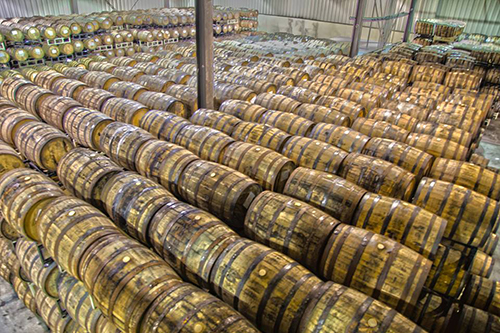
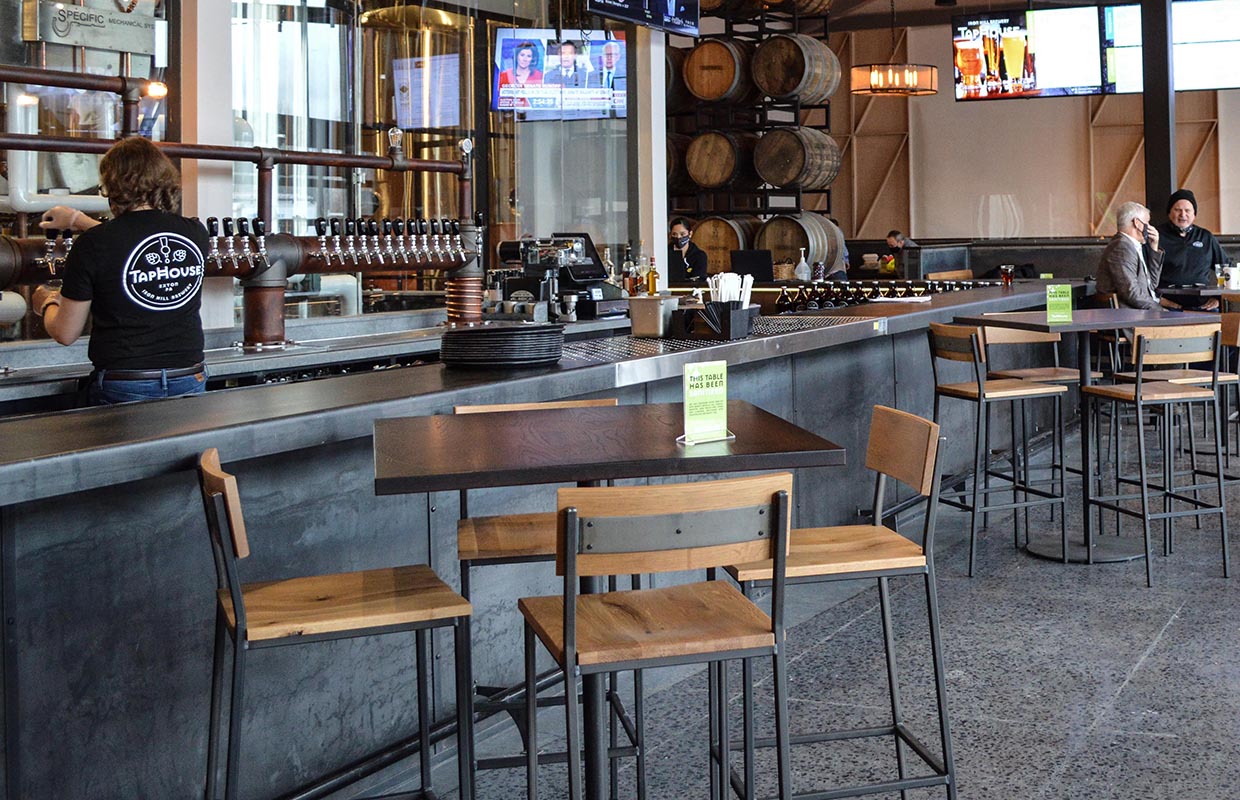
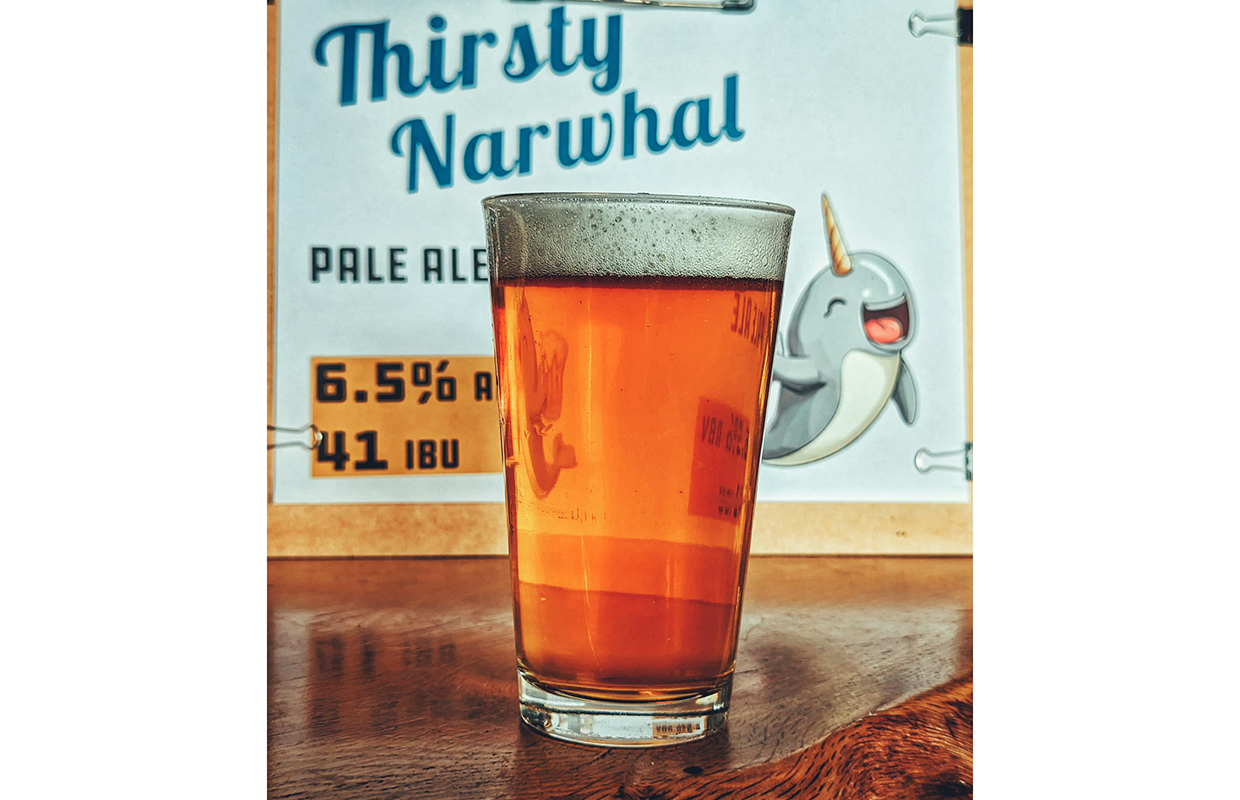
Be the first to comment